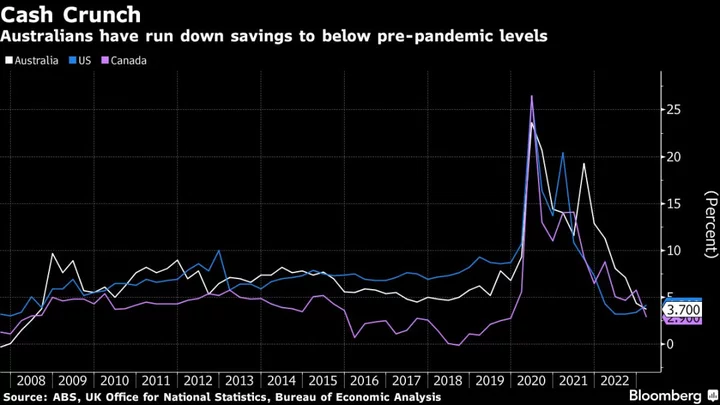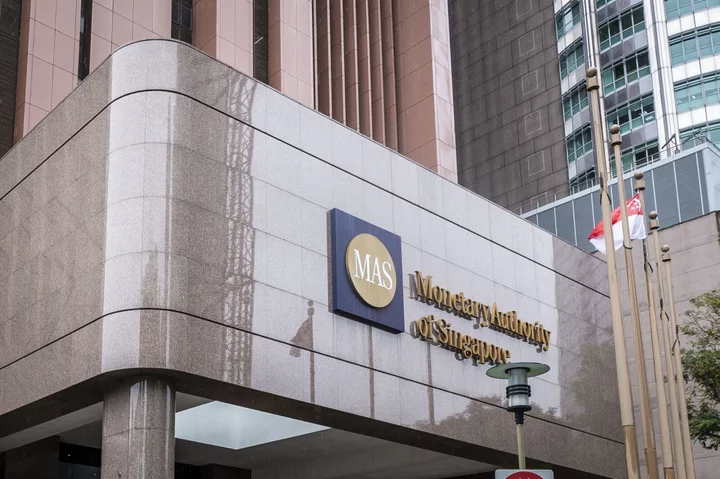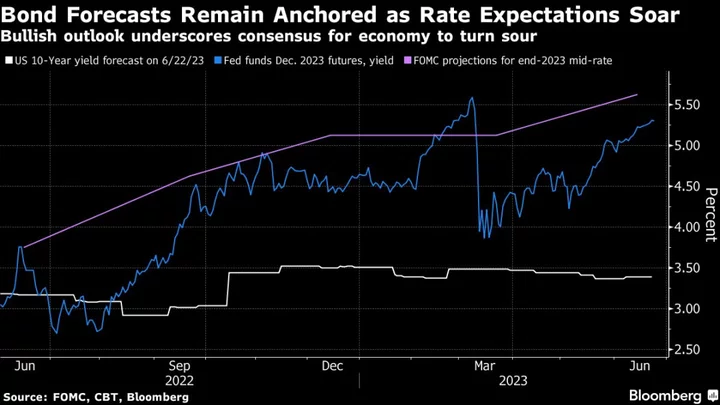The Czech Republic is facing one of the biggest displays of public discontent since the fall of communism as unions protest spending cuts and tax hikes that the government sees as central to its agenda.
Thousands of elementary and secondary schools remained closed across the country on Monday as industrial workers prepared to down tools for a few hours. A rally against the government is scheduled for later in the day in Prague.
The protests are a reaction to a package of $6.7 billion of spending cuts and tax hikes pushed through by Prime Minister Petr Fiala’s government, which aims to halve the budget deficit in two years even as the $300 billion economy teeters on the verge of a recession.
Fiala criticized unions for not negotiating, saying the measures are essential to reverse debt growth sparked a pandemic-era borrowing spree. The two-year-old administration has vowed to deliver on a key election pledge of restraint after boosting spending on energy subsidies, defense and aid to Ukrainian refugees.
“If we conceded, we would be giving up a good future for this country, a sustainable economy and sustainable financing,” Fiala told reporters on Monday. “We can’t do that.”
Union leader Josef Stredula blamed the government for the wave of discontent in a post on social media platform X. Protester demands include more money for non-teaching staff and other state funding, according to the Czech Confederation of Trade Unions.
While the Czech Republic’s outstanding debt — at 44% of gross domestic product — ranks it at the lower end of European Union peers, the pace of borrowing was faster than in most of its peers in the last three years.
The austerity plans are hurting the government’s support. The main opposition ANO party of former billionaire Premier Andrej Babis is currently in the lead with 33.2% support, according to a survey by pollster STEM for CNN Prima News on Sunday. Anti-immigration SPD, which wants to take the Czech Republic out of the European Union and NATO, came second with 12% backing.
In contrast, the budget measures have been embraced by investors. Czech bonds have outperformed most European peers this year. The yield premium investors demand to hold the country’s 10-year notes instead of German bunds has shrunk to about 176 basis points from a peak of 422 basis points mid-last year.
Last week, Moody’s Investors Service raised its credit outlook for the Czech Republic to stable, citing steps to improve energy security and to reduce budget deficit.
--With assistance from Krystof Chamonikolas.









